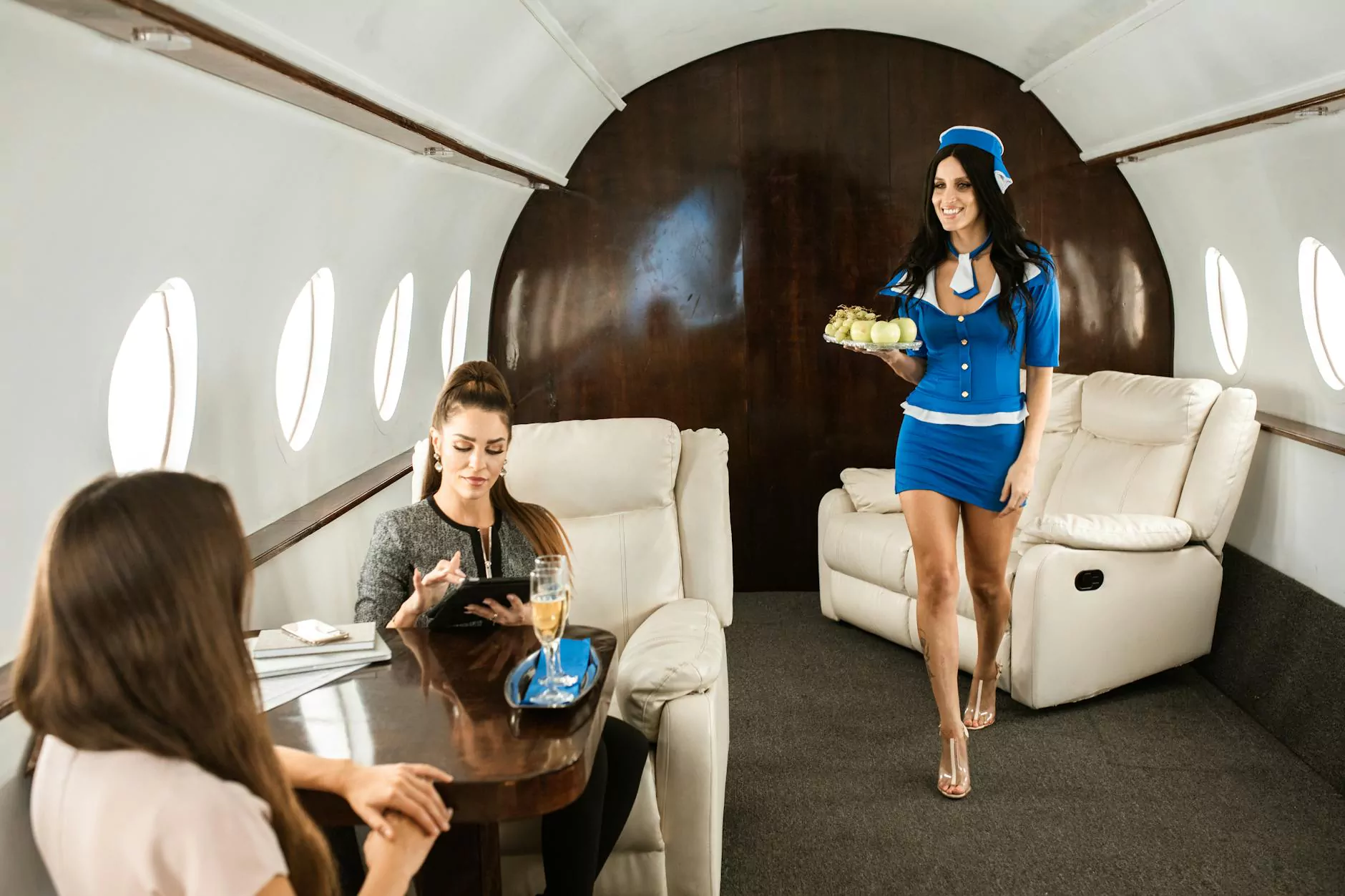Cabin Crew Formation: The Ultimate Guide to Becoming a Cabin Crew Member

Becoming a member of the cabin crew is a dream for many aviation enthusiasts. The path to joining the ranks of elite flight attendants involves a process known as cabin crew formation. This article delves into what cabin crew formation entails, the training required, and tips for aspiring cabin crew members. Let’s embark on this enlightening journey.
Understanding Cabin Crew Formation
Cabin crew formation is a critical component of the aviation industry. It refers to the structured training programs designed to prepare individuals for a career as flight attendants. This formation encompasses various areas, including customer service, safety procedures, emergency protocols, and the necessary skills to work effectively in a team-oriented environment.
During the cabin crew formation, trainees learn to manage in-flight services, handle passenger inquiries and complaints, and ensure the overall safety and comfort of passengers. This training is tailored to meet the specific requirements of different airlines, making it a crucial first step for anyone looking to enter this field.
The Importance of Cabin Crew Training
Training is vital in ensuring that cabin crew members are equipped to handle a variety of situations. Here are key reasons why cabin crew formation is essential:
- Safety and Emergency Protocols: Cabin crew members undergo rigorous training to handle emergencies, such as medical crises or evacuation procedures. This training can be life-saving, both for crew members and passengers.
- Customer Service Skills: Cabin crew formation includes instruction in hospitality and customer service, preparing trainees to deliver a pleasant flying experience.
- Teamwork and Communication: Effective communication and teamwork are paramount in aviation. Training programs emphasize these skills to ensure a cohesive team environment.
- Regulatory Compliance: Airlines must comply with various regulations. Proper training helps ensure that crew members follow these regulations rigorously.
The Phases of Cabin Crew Formation
The cabin crew formation typically comprises several essential phases, each designed to build the necessary skills and knowledge. Below are the main components of this formation:
1. Initial Application and Selection
The journey begins with an application process, including interviews and assessments. Candidates are evaluated on their communication skills, appearance, professionalism, and willingness to learn. Only the best candidates are selected for the training phase.
2. Ground School Training
Once selected, candidates attend ground school, where they learn the theoretical aspects of the job. This includes:
- Aircraft familiarization
- Regulatory requirements
- Emergency protocols
- Service procedures
- First aid training
3. Practical Training
Following ground school, trainees participate in practical training. This involves hands-on experiences in:
- Simulated emergency situations
- Customer service scenarios
- In-flight service practices
4. In-Flight Training
Finally, trainees gain real-world experience by flying with experienced cabin crew members. This mentorship allows them to apply their knowledge in a live environment, receiving feedback and guidance.
Skills Acquired During Cabin Crew Formation
Through cabin crew formation, individuals acquire a variety of essential skills, including:
- Communication: Clear and concise communication is critical in aviation for both safety and customer service.
- Problem-Solving: Cabin crew members must think on their feet and handle unexpected situations effectively.
- Time Management: With tight schedules and numerous tasks, efficient time management skills are vital.
- Cultural Competency: Crew members interact with passengers from diverse backgrounds, necessitating an understanding of cultural differences.
- Emotional Resilience: The ability to remain calm in stressful situations is crucial in maintaining a positive environment both for themselves and for passengers.
Advanced Training and Continuous Development
Even after completing cabin crew formation, flight attendants must engage in continuous training. Airlines often provide regular refresher courses to keep their staff updated on new regulations, safety protocols, and customer service practices. Additionally, opportunities for specialization in areas such as luxury service, international flight protocols, or safety leadership can enhance career prospects.
The Role of Airlines in Cabin Crew Formation
Each airline has unique values and service philosophies that shape their cabin crew formation. Consequently, the specific training curriculum can vary significantly across airlines. Here are some factors that airlines consider during the formation process:
- Company Culture: Training is often tailored to instill the airline’s culture and values in the cabin crew.
- Service Standards: Airlines have distinct service expectations that must be taught to ensure brand consistency.
- Regulatory Training: Each airline provides training that aligns with aviation regulations specific to different regions.
Aviation Services and Their Impact on Cabin Crew Formation
Several aviation services contribute to the effectiveness of cabin crew formation:
1. Simulation Technologies
Modern training facilities utilize advanced flight simulators and virtual reality to enhance the practical training experience, making it more immersive and effective.
2. Collaboration with Aviation Academies
Many airlines partner with aviation academies, such as CabinCrew-Academy.com, to provide high-quality training programs that meet industry standards.
3. Continuous Improvement Programs
Aviation services emphasize the importance of ongoing training and development, making it essential for cabin crew members to stay informed about innovations in technology and service delivery.
Job Outlook for Cabin Crew Members
The demand for qualified cabin crew members continues to grow. The aviation industry is experiencing a resurgence, with airlines expanding their fleets and increasing routes to meet travel demand. Additionally, the retirement of experienced crew members is creating opportunities for new entrants. As such, the career outlook for those completing proper cabin crew formation is optimistic.
Preparing for a Career as a Cabin Crew Member
If you aspire to become a cabin crew member, consider these tips to enhance your chances of success:
- Research Airlines: Understand the specific requirements and training programs offered by airlines you're interested in.
- Stay Fit: Physical fitness is essential for the role, as cabin crew members must manage long hours and irregular schedules.
- Enhance Language Skills: Being multilingual is a significant advantage in aviation.
- Develop Customer Service Experience: Any experience in hospitality or customer service can bolster your application.
Conclusion
Cabin crew formation is an indispensable stepping stone for anyone looking to pursue a fulfilling career as a flight attendant. Through rigorous training, aspiring cabin crew members acquire vital skills that ensure the safety and comfort of passengers. As the aviation industry continues to thrive, the opportunities for well-trained cabin crew members are abundant. By committing to excellence in training and ongoing development, you can embark on a successful and rewarding journey in the sky.









